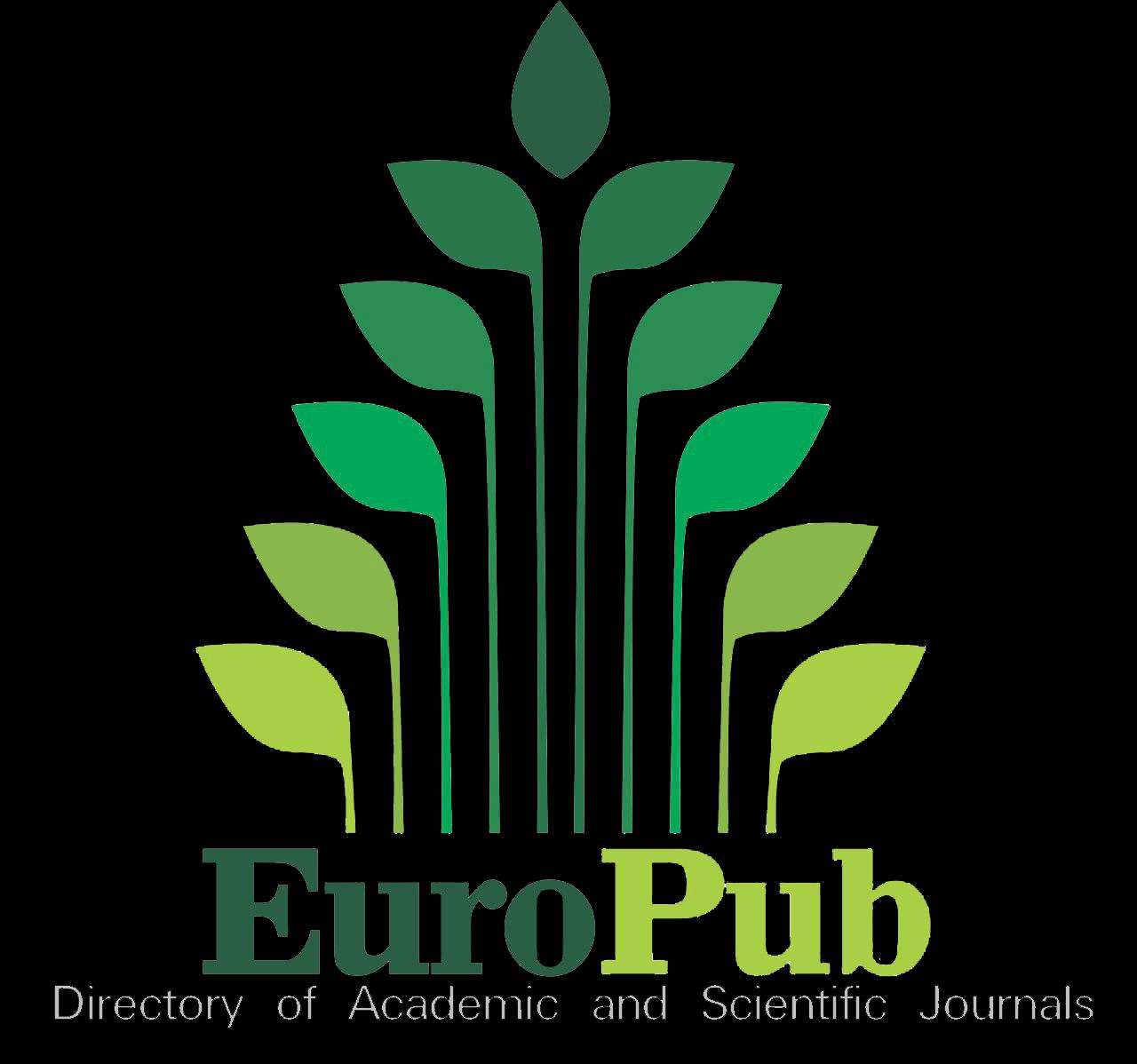Comparative In Silico Analysis of Wild-Type and Mutant-Type Akt2 Gene Mutation (C.58c>T) In Type-2 Diabetes Mellitus
Keywords:
Type 2 Diabetes Mellitus, AKT2 gene, SNPs, insulin signaling, molecular docking, MESOBILIVERDIN, MK-2206, protein stability, pathogenic mutation, structure-based drug design.Abstract
Type 2 Diabetes Mellitus (T2DM) is a complex and chronic metabolic disorder that has been frequently linked to single nucleotide polymorphisms (SNPs) in the AKT2 gene. AKT2, a key isoform of the AKT kinase family, plays an essential role in metabolic regulation and has been implicated in the development and progression of several cancers, including ovarian, breast, and pancreatic malignancies. Genetic mutations in AKT2 often lead to impaired insulin signaling and secretion, positioning this gene as a crucial therapeutic target for both metabolic and oncogenic pathologies. In the present study, a computational analysis was undertaken to examine the structural and functional consequences of a specific point mutation in the AKT2 protein. Bioinformatics tools predicted the mutation to be pathogenic, resulting in notable destabilization of the protein’s native conformation. To further explore therapeutic interventions, molecular docking simulations were performed with two candidate ligands, MESOBILIVERDIN and MK-2206, against the mutant AKT2 protein. MESOBILIVERDIN exhibited superior binding affinity and enhanced structural stability, with a calculated binding energy of −13.02 kcal/mol, compared to MK-2206, which showed a binding energy of −10.5 kcal/mol. These findings suggest both compounds possess therapeutic potential; however, MESOBILIVERDIN appears to be the more promising ligand for mutation-specific targeting in T2DM.Collectively, this study offers a computational framework for assessing mutation-induced alterations in protein behavior and supports the application of structure-based drug design approaches in the development of targeted therapies for genetically defined subtypes of metabolic disorders.
Downloads
Published
Issue
Section
License
Copyright (c) 2025 Shamama Khan, Aizaz Ali, Areeha Nadeem, Asma Ahmed, Attiya Hameed, Rabia Hashmi, Amman Sardar, S Ashmam Ali shah, Usama, Sahar Nigar (Author)

This work is licensed under a Creative Commons Attribution-NonCommercial 4.0 International License.

